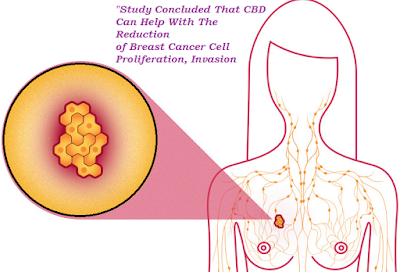In recent years, the scientific community has shown interest in this compound also due to its good safety profile and neuroprotective properties in several neurodegenerative diseases.
CBD also generating interest due to its therapeutic properties such as antidepressant, antipsychotic, analgesic, and antitumor.
In addition, it has been shown that CBD can significantly reduce two important forms of anxiety, namely obsessive-compulsive disorder and post-traumatic stress disorder.
CBD shows anti-inflammatory properties in several experimental studies, modulating some pro-inflammatory cytokines and tumor necrosis factor as well as regulation of cell cycle and immune cells’ functions
Moreover, for a long time, the CBD has been investigated for its anticonvulsant effects. Several studies confirmed its efficacy in the treatment of epileptic seizures, especially in pediatric age. In 2016, the first results of clinical trials showed beneficial effects of CBD in treatment-resistant seizure disorders, including Lennox-Gastaut Syndrome (LGS) and Dravet syndromes (DS).
The purpose of this paper wich published in 12 April 2019 from the 'Molecules Open Access Journals' is to evaluate the use of CBD, in addition to common anti-epileptic drugs, in the severe treatment-resistant epilepsy through an overview of recent literature and clinical trials aimed to study the effects of the CBD treatment in different forms of epilepsy.
The results of scientific studies obtained so far the use of CBD in clinical applications could represent hope for patients who are resistant to all conventional anti-epileptic drugs.















